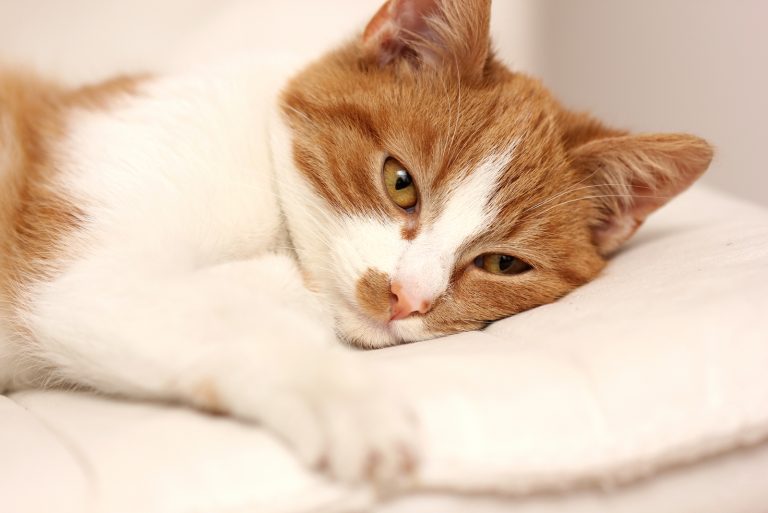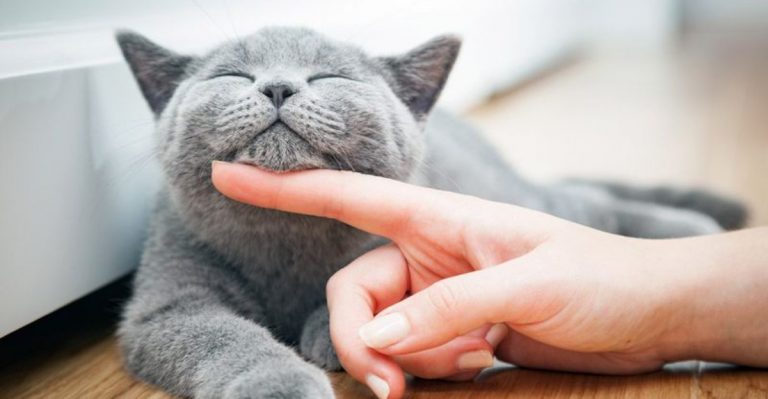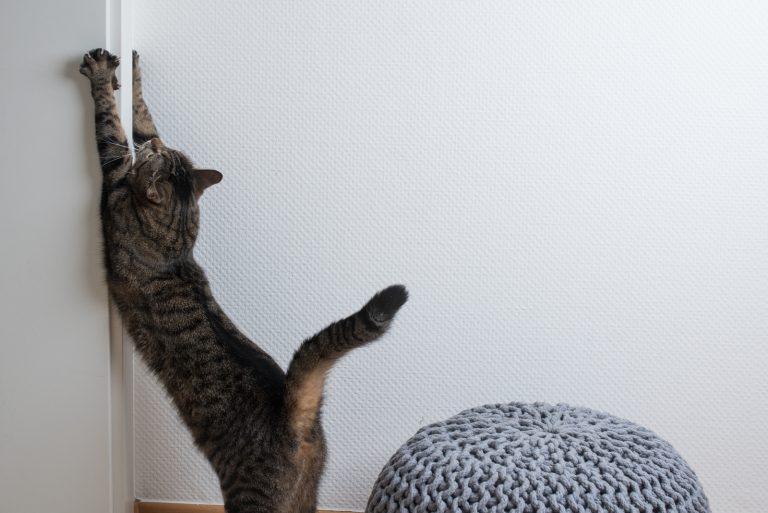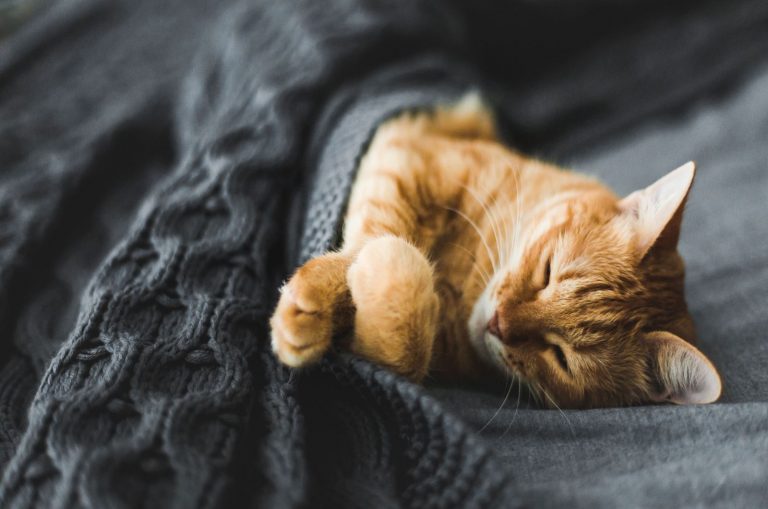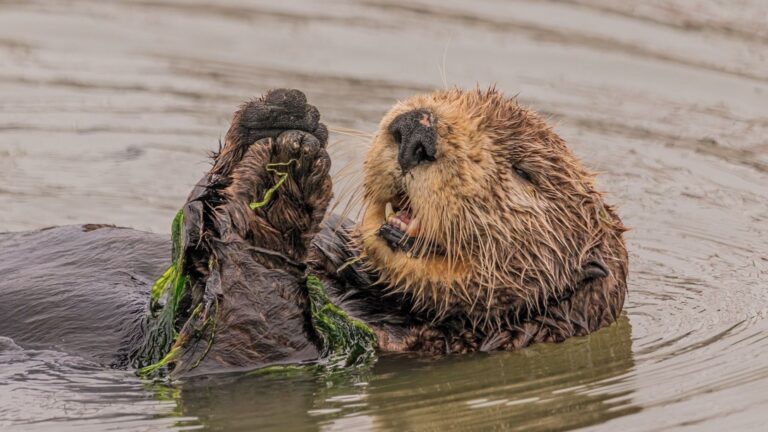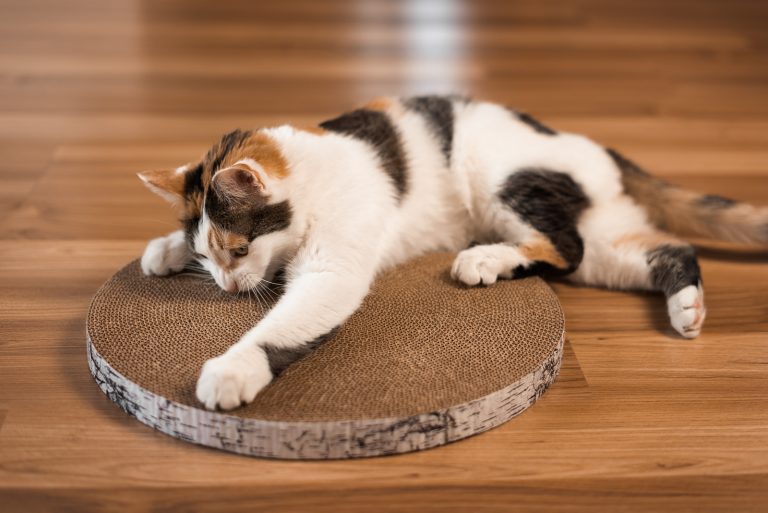Your Cat Thinks Of You As A Parent (New Study Suggests)
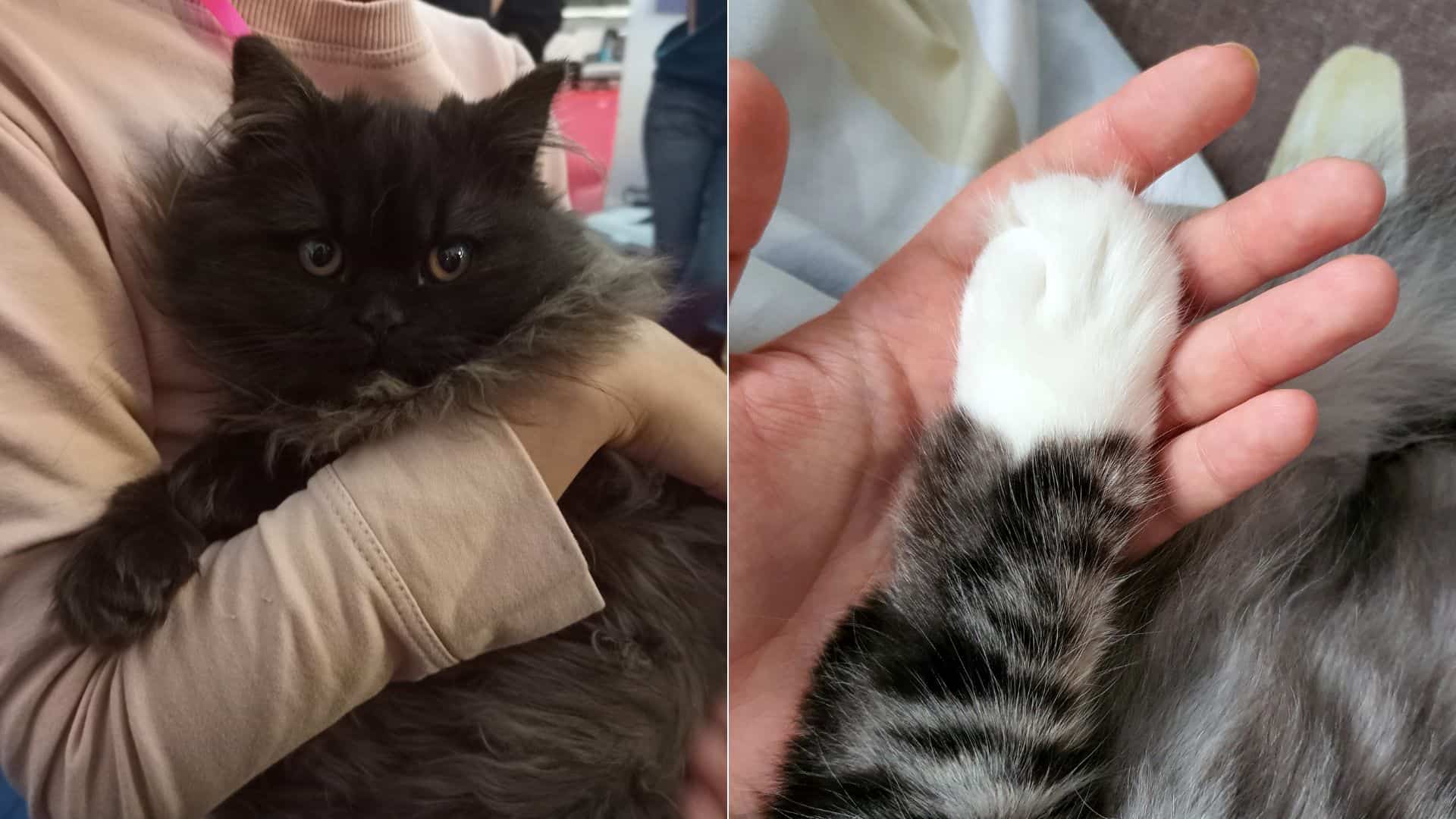
A recent study finds that our feline friends form strong bonds with their owners. Their attachment style, i.e. the strength of their bond to humans, is very similar to those of human babies and dogs to their caregivers.
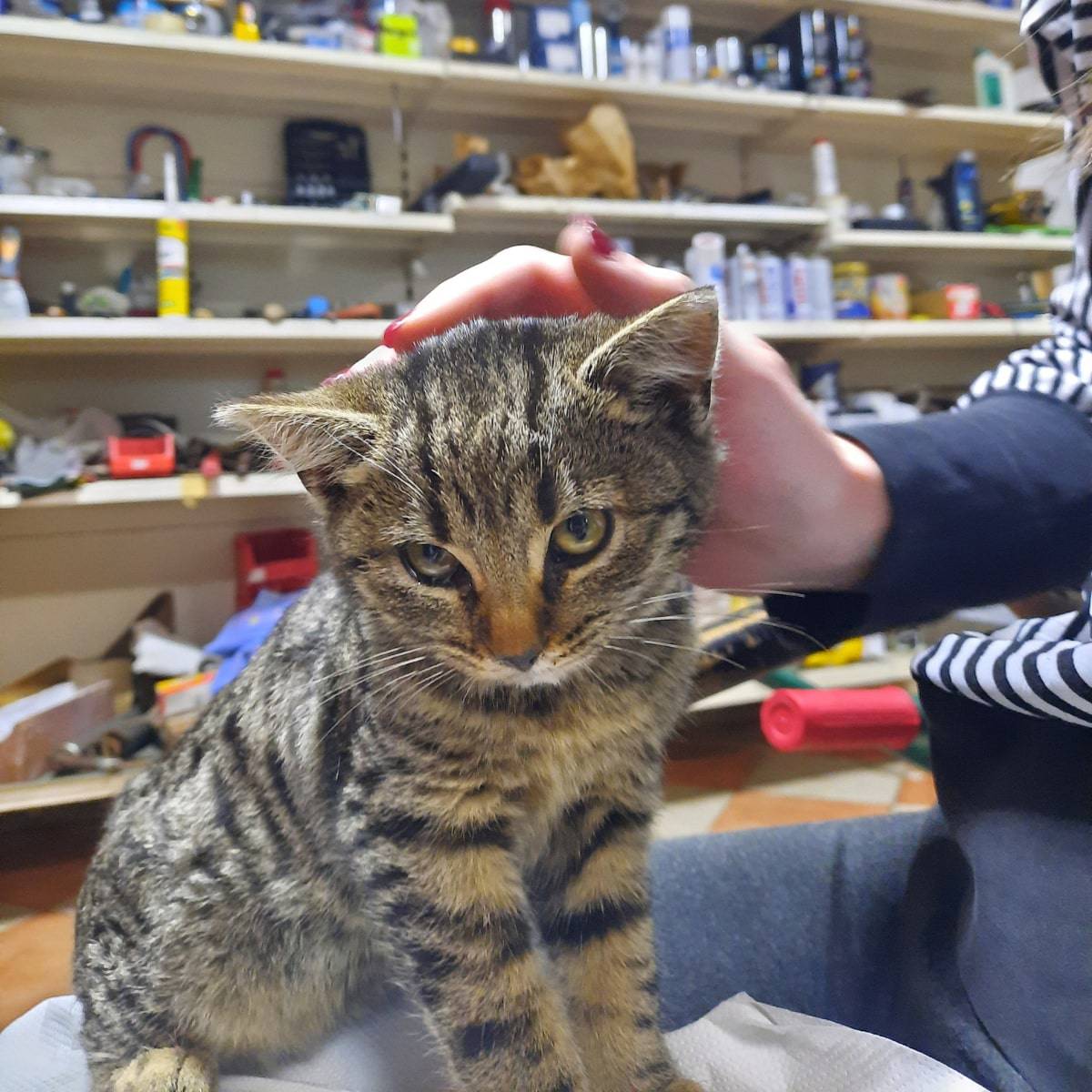
I’ve often pondered, as I’m sure many of you have too, whether my cats view me as their mother when they headbutt me or gaze at me affectionately. It’s a topic I’ve discussed with fellow cat owners, and I’m delighted that it has finally been studied.
As it is with any other aspect of our cats, we have to observe their behavior since we cannot communicate with them in any other way.
A recent study published in Current Biology has unveiled some fascinating findings.
Researchers from Oregon State University discovered that cats exhibit special attachment styles towards their caregivers, similar to those of babies and dogs.
So, the cats that were involved in the experiment demonstrated affection and attachment to humans, similar to that of dogs and infants.
“The current data support the hypothesis that cats show a similar capacity for the formation of secure and insecure attachments towards human caregivers previously demonstrated in children and dogs, with the majority of individuals in these populations securely attached to their caregiver.”
So, contrary to the commonly held belief that cats are aloof, inscrutable, and usually presented as uninterested and laid-back, the study highlights that they can actually form deep bonds and unique relationships with their owners.
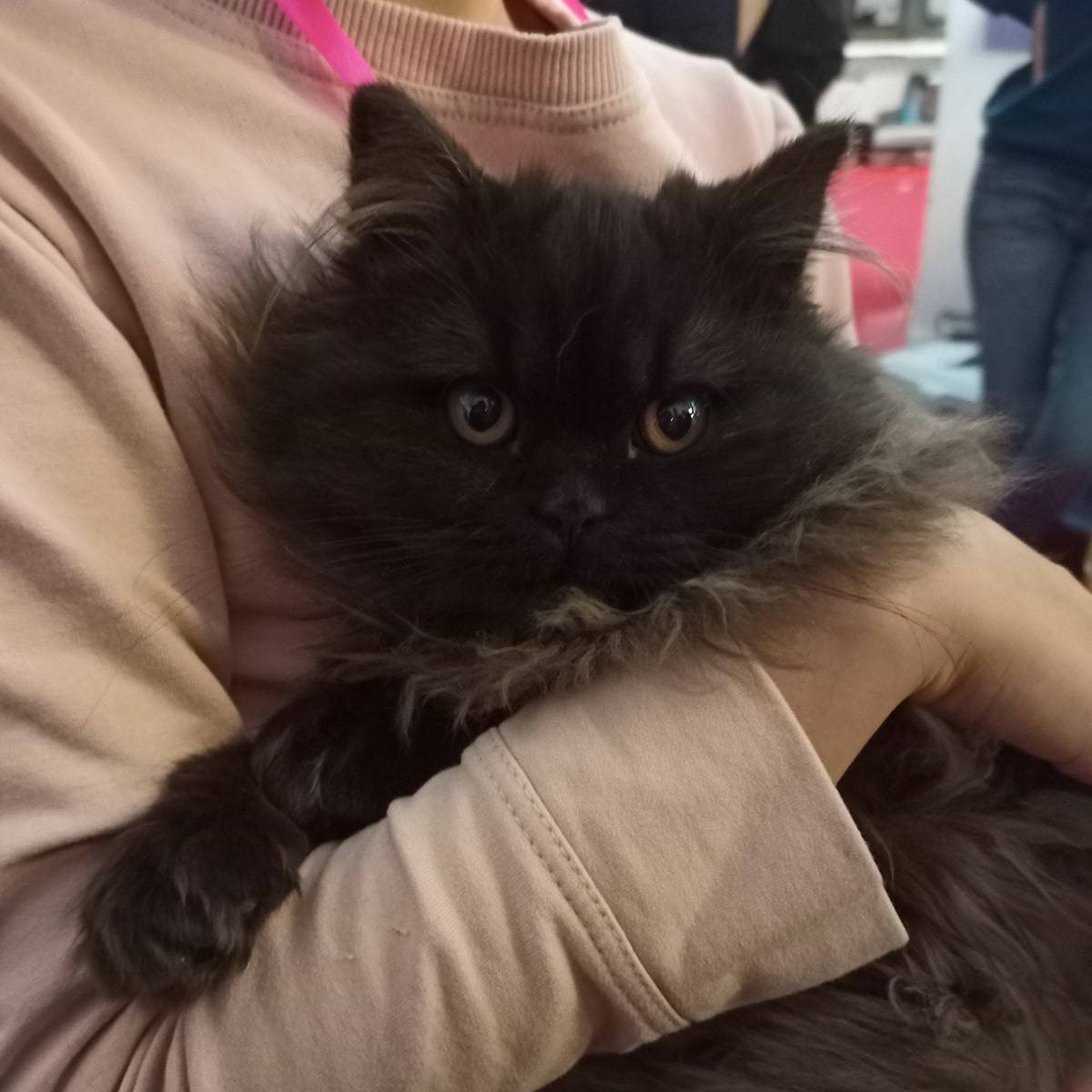
As the study explains, the researchers employed an attachment test that was performed on dogs and primates, along with criteria derived from human infants’ attachment styles.
The test involved 70 kittens who spent two minutes in a room with their caregivers, were then left alone, and eventually reunited. The researchers observed their behavior and categorized them into familiar attachment styles seen in dogs and human babies:
avoidant, ambivalent, secure, and disorganized.
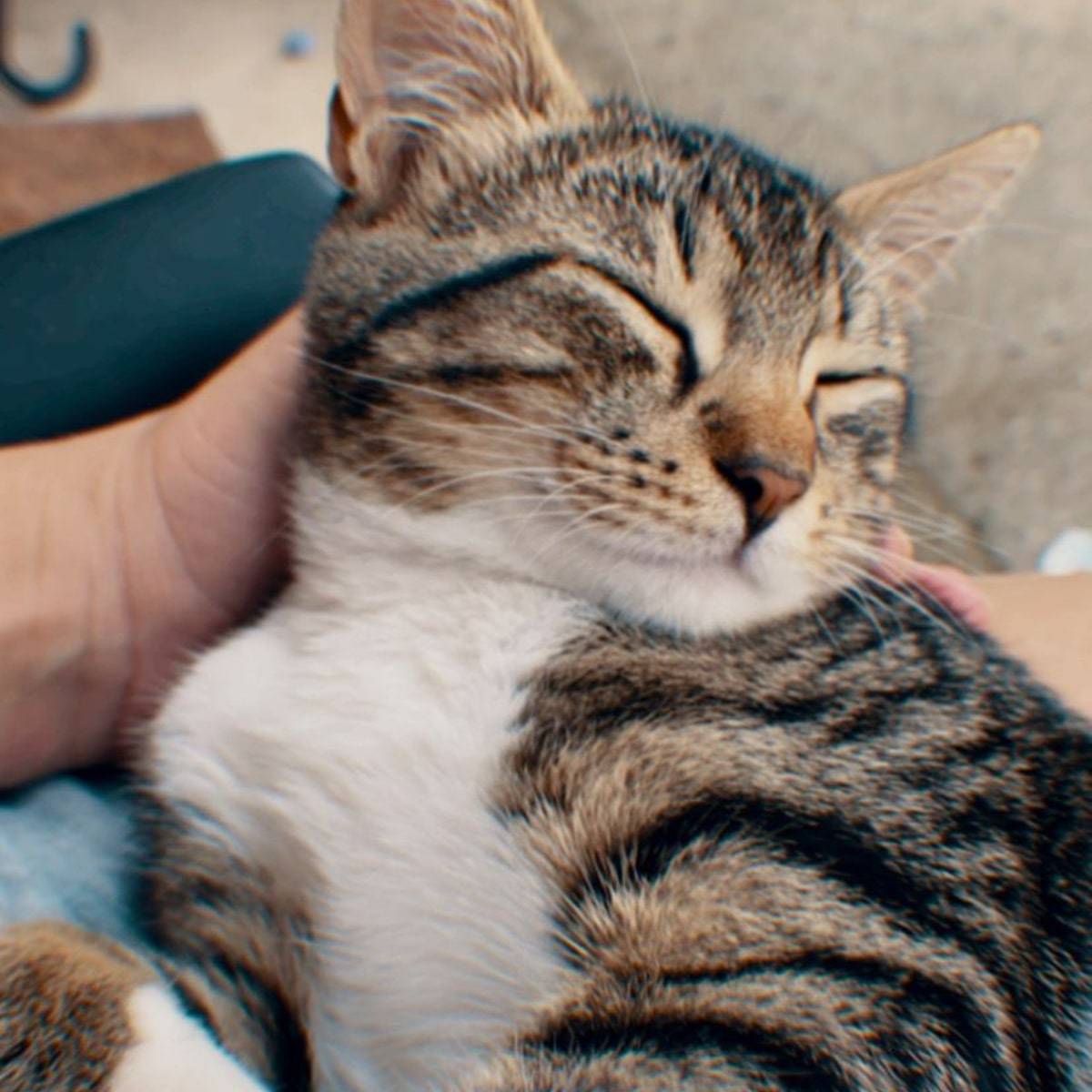
Over 60% of the kittens displayed a secure attachment style, indicating that they experienced distress when their caregivers left the room but exhibited a healthy response upon their return.
These kittens displayed a balanced mix of attachment and exploration when their humans were present.
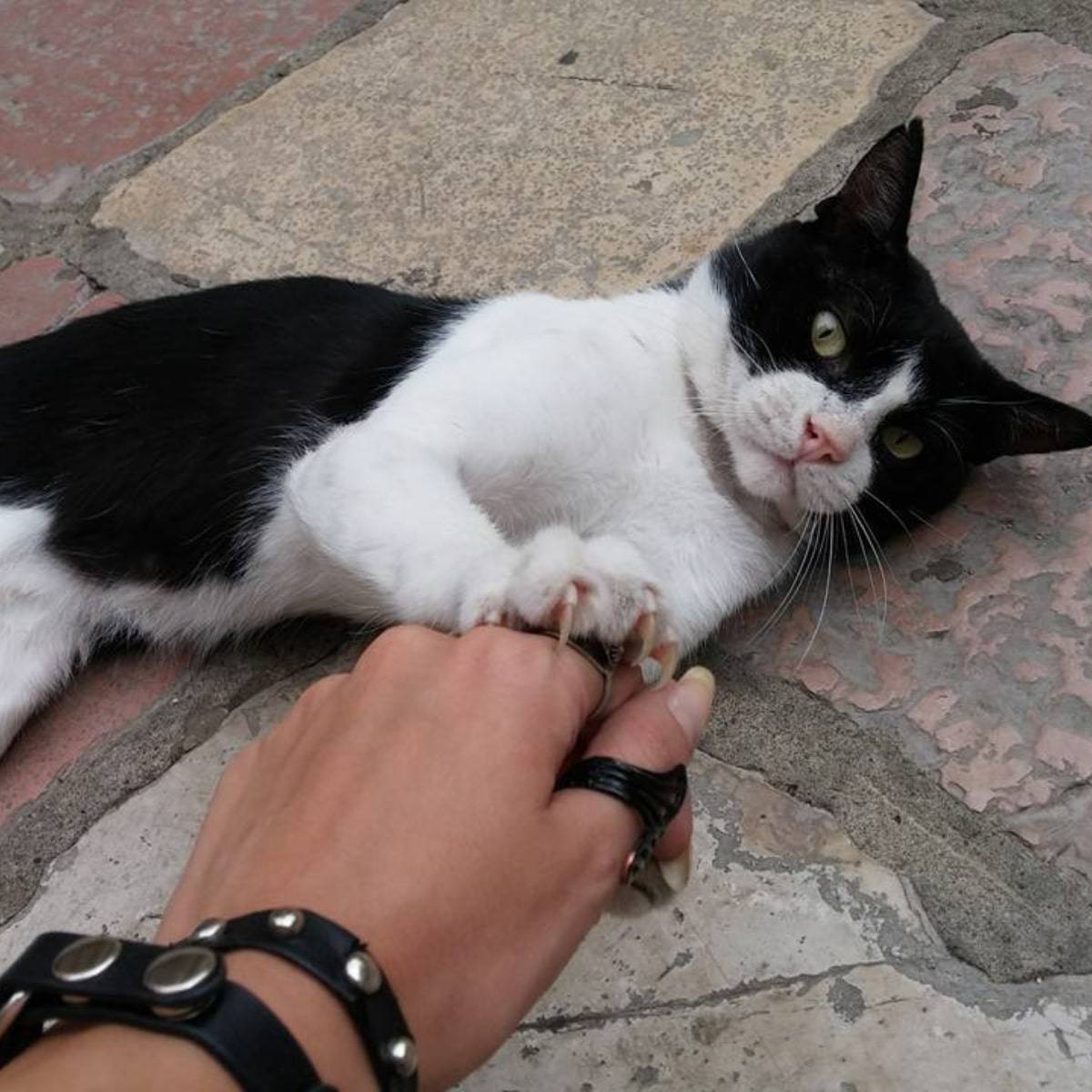
Approximately 30% of the kittens exhibited an insecure attachment style. This means that this group of kittens remained stressed even when their owners returned, displaying either avoidance or excessive contact-seeking behaviors.
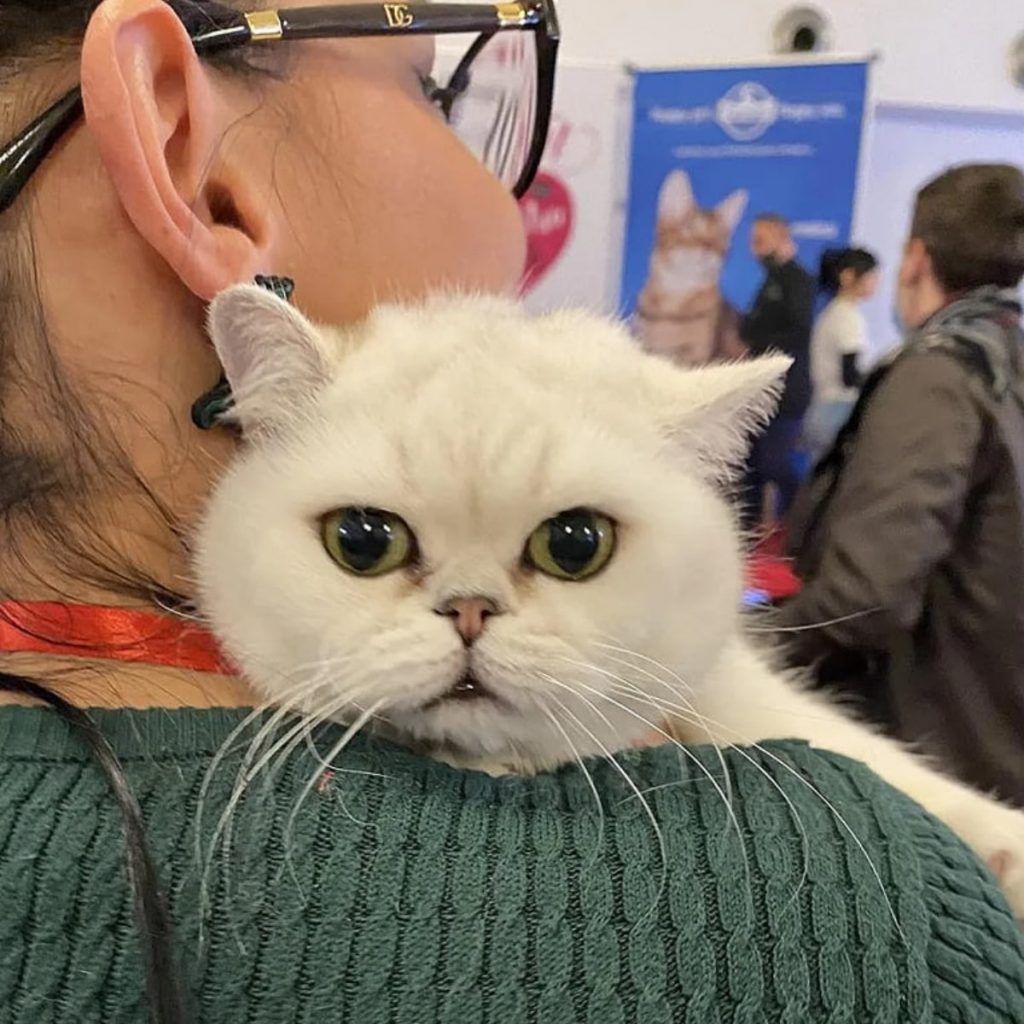
A follow-up test conducted two months later yielded similar results. The researchers also extended their investigation to adult cats, and the findings mirrored those observed in the kitten study, involving 38 cats over one year of age.
“Cat attachment style appears to be relatively stable and is present in adulthood.”
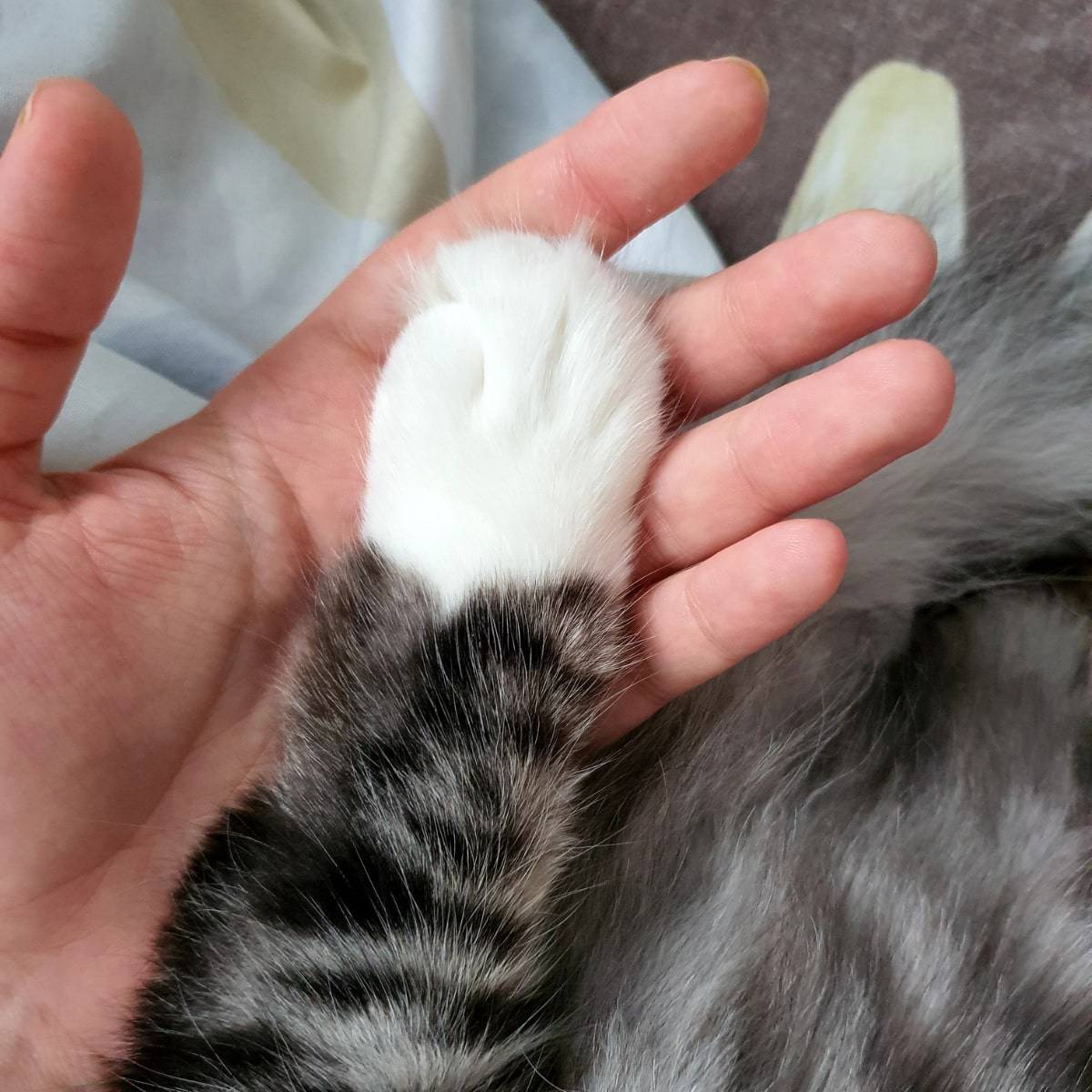
It’s common for people to underestimate cats and their capacity for love. However, science is gradually delving deeper into the world of felines. And as I always say, cats are amazing!
They are affectionate and lovable, and now we have scientific evidence to support it.

